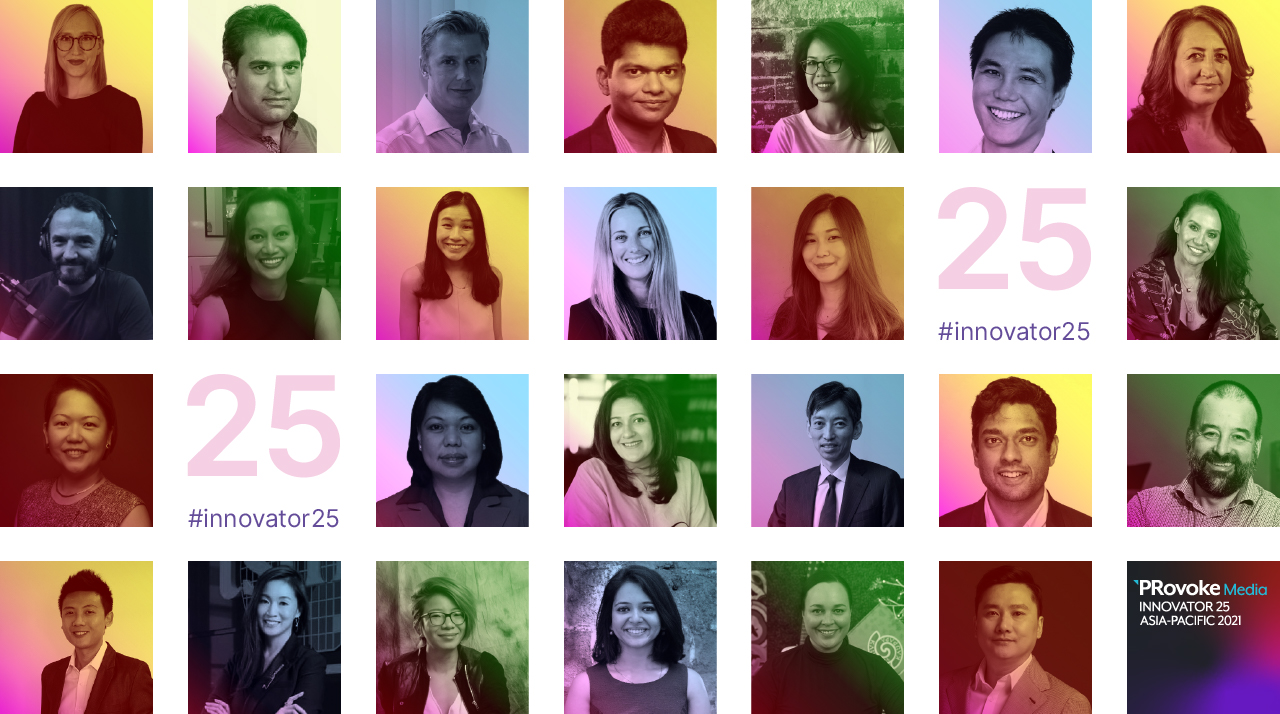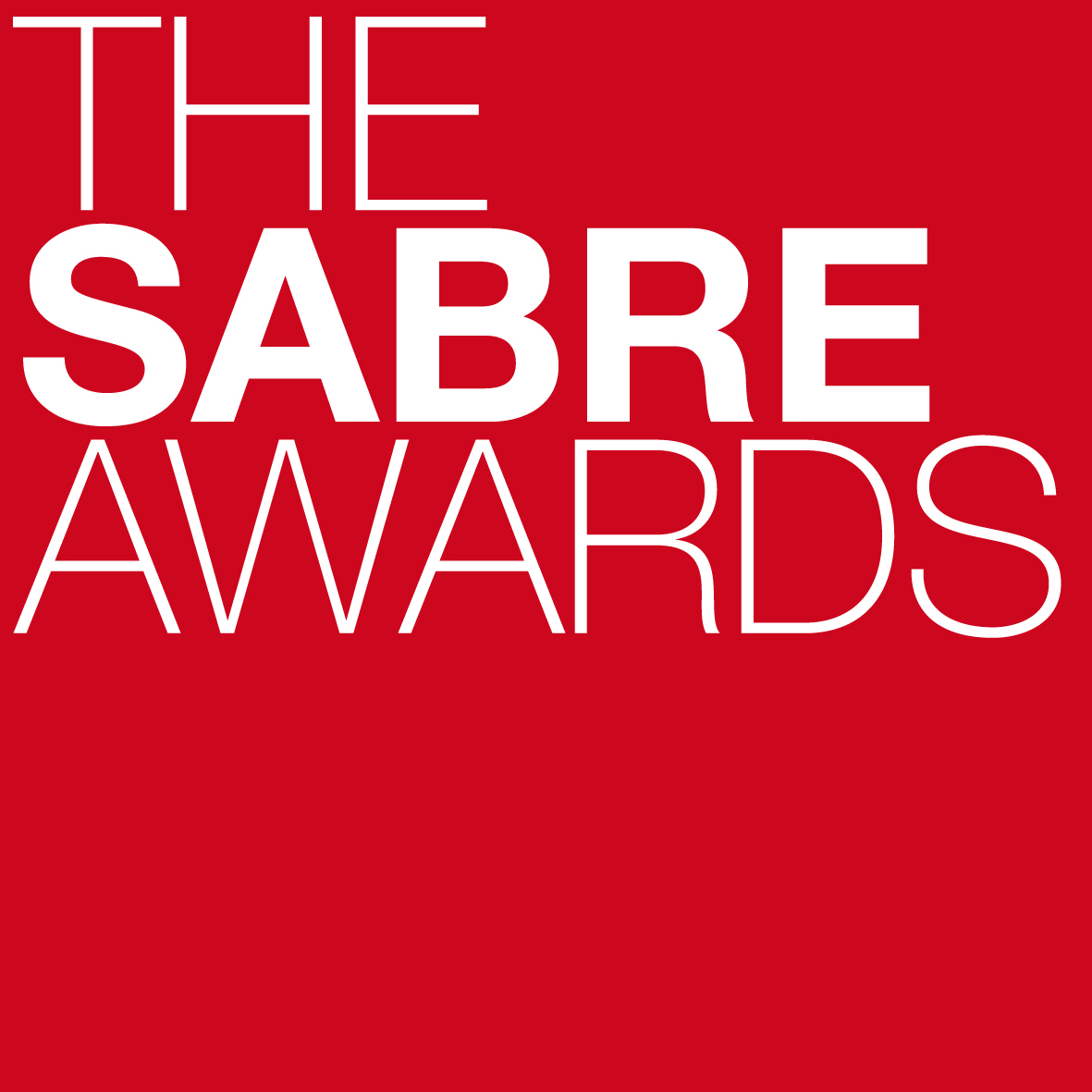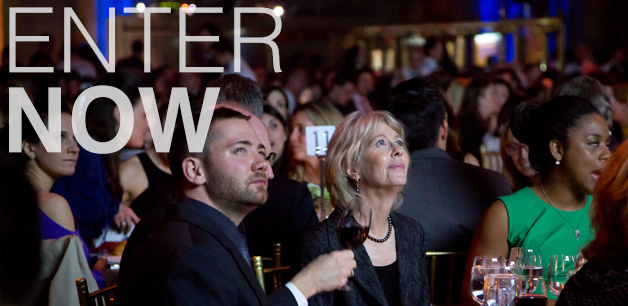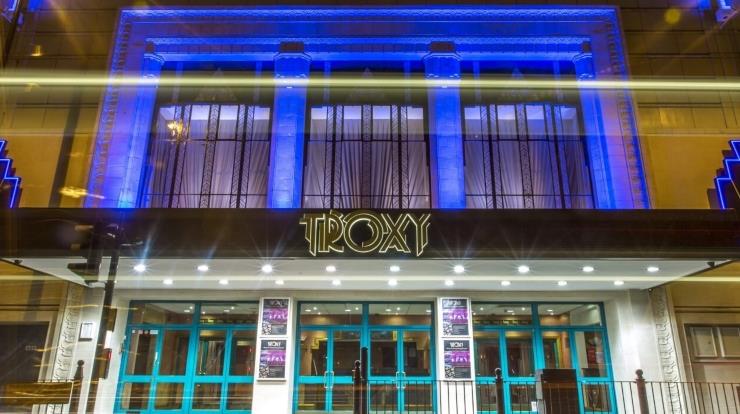
Matt Collette
Vice Chair, Digital
Edelman
Singapore
"Things don’t always work out as you hypothesize, so it is important to pivot and optimize in order to achieve the best outcomes"
Matt Collette continues Edelman's tradition of employing pioneering digital innovators, two years after he returned to oversee the firm's regional digital practice after several years with Ogilvy and Zeno. Digital accounts for around 15% of Edelman's $100m in Asia-Pacific revenue, including specific depth in such areas as predictive analytics, performance marketing, SEO, social commerce and digital content, helping the firm land
Digital Consultancy of the Year honours in 2021. And Collette's leadership is a big part of that success, reflecting his ability to lead transformation at major PR firms, across such areas as digital crisis, predictive analytics, footprint mapping, AI-driven auditing, psychographic content analysis and social commerce.
How do you define innovation?
I have a simple definition for innovation. Any new idea, methodology, technology, or initiative that drives change for brands and organisations. Ultimately, we want to contribute to the continued evolution of our clients’ businesses and help them grow.
What is the most innovative comms/marketing initiative you've seen in the last 12 months?
The pandemic has pushed marketers and communicators to experiment a lot more. That experimentation has led to new levels of confidence with businesses and their leadership, resulting in stronger digital skills and capabilities than before the pandemic. According to the annual CMO Report, digital expertise was ranked above industry average by a majority of companies. This is the first time in the survey’s history that companies have demonstrated such confidence, and a lot of this is the result of the experimentation and agility that was needed to survive the pandemic.
Over the course of the last year, there have been some great examples of how brands and publishers have innovated. Personally, I love how publishers have been finding new ways to connect with readers, whether through virtual events or even virtual storytelling. For example, the New York Times has been experimenting with AR/VR storytelling to break down complex ideas and concepts and The Washington Post (among others) has been using carousel format to breakdown top stories on Instagram with bite sized content.
There’s also been a huge growth in use of video, with brands like Google demonstrating how they can tell emotive stories that highlight the mission of the company and some of their best people. On the brand side, IKEA’s #BuyBackFriday campaign was a great example of how an insight around consumers can help solve both a business challenge and an environmental one. I also really like what Heinz did by going Direct-to-Consumer with their own Shopify store and the production of personalized products or swag. Sunkist’s Animal Crossing integration and even Gymshark launching live workouts on Twitch are two more examples of experimentation that deliver a value exchange between brands and their customers.
Companies have also made significant progress in removing friction from discovering a product on social platforms to its actual purchase. For example, Marks and Spencer has been using video to leverage their in-store sales teams and transform their sales operations. There is a ton of innovation happening in social commerce overall, so it’s great to see companies adapt and scale around changing consumer behaviours and expectations.
In your opinion, what brands and/or agencies are most innovative around PR and marketing?
From a marketing and comms perspective, I find that Ikea, Samsung, Unilever, Nike, Lululemon, Salesforce, and Coca-Cola are consistently finding ways to innovate and connect with customers in new ways. Unilever, with its Foundry program, is a great example of how a company can institutionalize innovation and work with marketing technology to enable ongoing transformation. I’m also really excited by what unicorn companies and start-ups in fintech are doing. Grab and TikTok, for example, are moving very quickly, consistently pushing the envelope around the customer experience and simplifying engagement in ways that delight their customers
(B2C or B2B). There are also sectors that are particularly predisposed to innovating quickly. Specifically, B2C brands that are in the FMCG or Tech sectors are constantly trying to find an edge over their competitors, or trying to figure out how to deliver growth and efficiency.
Describe a moment in your career that you would consider 'innovative.'
Being innovative or pushing innovation is something that happens every day, and inspiration can come from anywhere. I find that the best or most effective moments in my career were the result of great partnerships with clients. Clients who understood the importance of experimentation, collaboration, and being flexible, were those who reaped the most benefit from an innovation agenda. That’s because innovation can be a messy and a complex process. Things don’t always work out as you hypothesize, so it is important to pivot and optimize in order to achieve the best outcomes.
At Edelman, I’ve also been lucky to work with a company that encourages entrepreneurialism and have had some great mentors and clients that have supported me along the way, including John Kerr (APAC vice chair of technology), Bob Grove (former chief client and operating officer) and Tristan Roy (global chair of digital). All three have given me the freedom to test and learn within the company and with clients. When I look back at my time working with John at Edelman and Zeno, there were things we did back then that are still considered quite progressive.
Today, we are running a lot of pilots with brands around social and influencer commerce, content personalization, storytelling, and partnering with brands to help them figure out how to lower the cost of customer acquisition or transform parts of their businesses that are not fully adapted to the new digital expectations of customers (B2C or B2B). I’m proud of the work our team in India has been doing to understand people and allow brands to create a value exchange that is more contextual and relevant to them; the great work our team in Malaysia has done with Jiran and their hyper-local commerce and content platform; the continued evolution of our B2B capability in Singapore; the podcasting and influencer campaigns by our team in Australia; the experimentation with the metaverse our Hong Kong office is leading; and finally, the innovation that is coming out of our platform communities.
Who do you admire for his/her approach to innovation?
I love speaking to entrepreneurs and start-up leaders, as I get a lot of inspiration from them. Their drive, willingness to challenge the status quo, and agility are examples of how we should all think about innovation. I also admire Elon Musk and his focus on first principles thinking; Vitalik Buterin, founder of Etherum; Arianna Huffington, a serial entrepreneur; Andre Cronje, a blockchain innovator; Tobias Lutke, founder of Shopify; as well as Anthony Tan and Tan Hooi Ling from Grab. They are all great business leaders and entrepreneurs who have a strong focus, took risks and delivered differentiated products or experiences.
How do you get out of a creativity rut?
No secret recipe. I find that taking a break from a specific task with different stimulus to be super helpful. That can be as simple as listening to different types of music, reading or listening to a podcast on a completely different topic, or even scrolling through Youtube and watching some videos. I also find going for a hike helps to clear my thoughts and refocus on the task at hand. I’m a logical thinker so I try to structure an argument/POV in an ordered manner that’s connected. Those breaks help me to do that or get new inspiration.
What advice would you give to the PR industry around embracing innovation?
Innovation is not a one-time thing or based on one project. It needs to be a consistent component of any marketing or communications leader’s agenda. So, I would encourage the industry to implement an innovation agenda, identify business challenges, and test/learn with the objective to scale effective solutions. I would also encourage the industry to be more willing to take risk and understand that innovation is not easy, but the rewards of success can be substantial. As I mentioned earlier, innovation can be complex and it takes a commitment to agility and collaboration to ensure those experiments impact the growth of an organization and the success of the people that sponsored them.
What would you be doing if you weren't doing your current job?
Probably running a start-up in the blockchain space. There is a lot of opportunity and innovation in that sector at the moment, and constant disruption taking place.
Which book/movie/TV show/podcast/playlist/other cultural source has helped you get through this year or provided inspiration?I’ve become a big fan of white-collar crime non-fiction for some reason. I really enjoyed reading Billion Dollar Whale, Bad Blood, the Elizabeth Holmes story, and Chasing Gold, the story of how the Nazis misappropriated and pilfered the gold reserves of countries across Europe to finance their efforts in WWII. I also recently read Run Silent, Run Deep, a classic submarine warfare novel; Project Hail Mary, by the author of The Martian; and am currently reading the first Dune book. For podcasts, I listen to a range of current events, sports, and tech/marketing shows, including WSJ’s The Journal; NYT’s The Daily; 32 Thoughts, a hockey podcast; Uncommon Core, a blockchain podcast; and The Prof G Pod, among many others.
What's your favourite time of day and why?COB – close of business, at the end of the day. The opportunity to wind down, reflect on what was achieved that day, and have some gratitude for the opportunities that one has had.


 Podcasts
Podcasts Videos
Videos Profiles & Interviews
Profiles & Interviews Crisis Review
Crisis Review Coronavirus
Coronavirus Trend Forecasts
Trend Forecasts Social & Digital
Social & Digital Technology
Technology Consumer
Consumer Employee Engagement
Employee Engagement Sports Marketing
Sports Marketing  Global PR Agency Rankings
Global PR Agency Rankings Agencies of the Year
Agencies of the Year Innovator 25
Innovator 25 Creativity in PR
Creativity in PR Asia-Pacific Communication Index
Asia-Pacific Communication Index SABRE Awards
SABRE Awards PRovokeSummit Global
PRovokeSummit Global PRovoke Media Regional Series
PRovoke Media Regional Series Agencies of the Year
Agencies of the Year Roundtables
Roundtables Agency Playbook
Agency Playbook.jpg) All Jobs
All Jobs







